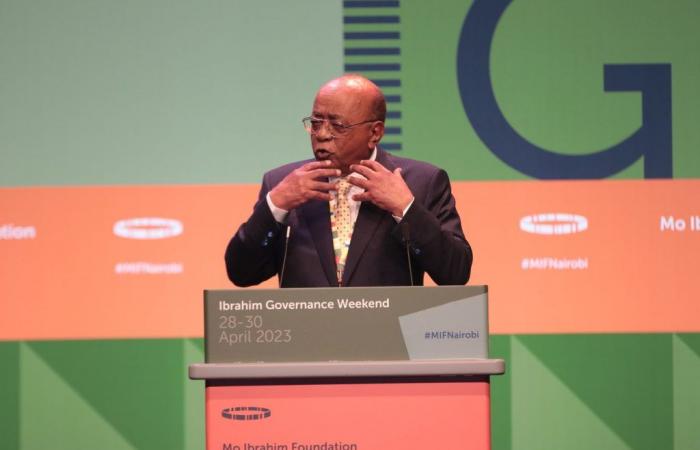The report highlights the fact that in reality resources exist, but are not adequately implemented or leveraged, particularly with regard to domestic resources.
According to Mo Ibrahim, founder and president of the eponymous foundation, “There is an urgent need to radically change the paradigm. It is neither for Africa to hold out any more, nor for its partners to consider what additional amount they could still put on the table. The real subject is not “even more means”, but simply better adapted means. Because in reality, as this report highlights, the resources are there.
The report begins by presenting the various estimates of existing needs, both in terms of development and climate, with regard to the African continent. Multiple, often divergent depending on the sources, constantly updated, all agree on at least one common conclusion: objectives far from being achieved, and dizzying needs.
Furthermore, whatever the figures, it is essential to ensure that financing climate objectives does not come at the expense of development objectives, forcing African countries to choose between the development of their own citizens and the preservation of planet. The report then examines financial contributions from partners on the continent.
Public Development Assistance (ODA) represents nearly 10% of the continent’s financial resources. But ODA from traditional donors remains focused on health and education, and largely conditional. At the same time, the commitment of non-member countries of the Development Assistance Committee (DAC) is increasing regularly, and is more in line with demand.
Recourse to debt does not solve anything, on the contrary, since both the outstanding debt and the debt service have tripled since 2009, and the increasing complexity of its structure renders traditional treatment mechanisms ineffective. Also disabling are the assessment of African risk, the specific overloads of the IMF and the existence of “dormant funds” of aid.
This report comes from the Ibrahim Forum, an integral part of the Ibrahim Governance Weekend (IGW), which takes place each year in a different African country. Scheduled to take place in Lagos in late April 2024, the 2024 IGW was canceled, but contributions from scheduled speakers and panelists were incorporated into the final report.






